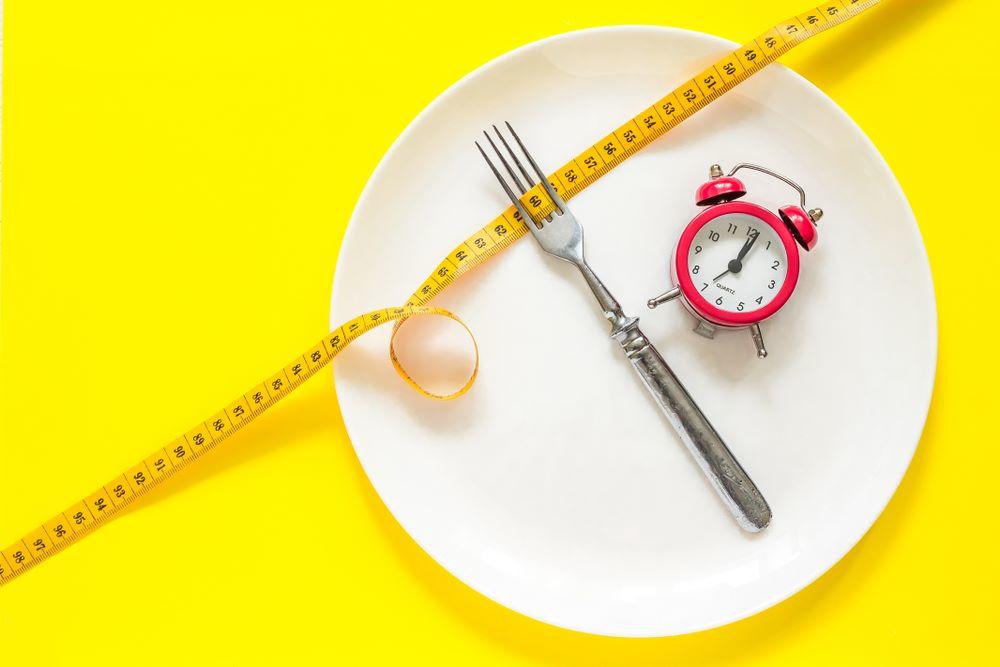Intermittent fasting is a weight loss approach that has become quite popular over the last few years. Different versions are available.
In general, a diet that you eat normally on some days of the week and greatly reduce your calories on other days. For example, it recommends that you do not consume food for up to 24 or 36 hours at a time. Other than this, it recommends only two meals a day.
Some research suggests that intermittent fasting has a faster effect in the short term. With this diet, it is observed that there is a decrease in inflammatory diseases as well as overweight. The secret behind the health-enhancing benefits of diet is that fasting puts cells under mild stress. It has also been observed that the process of responding to stress on low-calorie days strengthens the potential of cells to cope with stress and fight certain diseases.
What can You Eat, what can’t You Eat?
When you’re not fasting, you can often eat what you want. However, in order to lose weight and get only the nutrients you need, you should stick to healthy foods and limit foods such as sweet and processed products. While you are fasting you eat very little or never eat. For example, such as taking only 500 calories a day…
In addition, according to another diet program, eating 5 days a week and fasting for the other 2 days, women from 500 calories, while men can not take more than 600 calories. This is probably a quarter of the amount you will eat on days you do not fast. It is up to you whether you eat these calories in one sitting or distribute them to micro-meals throughout the day.
Another type that is quite harsh is to consume calories for a few days a week and to consume water, coffee and tea to keep you full, which is a type of diet that people in general health should follow. It is recommended to consume food in a controlled and balanced way.
Shop Healthy and Cook at Home
You should do your shopping yourself; you should buy vegetables, fruits and raw foods and cook them yourself at home. This is the right way to reach the healthiest food and diet. You should avoid packed foods and meals.
On fasting days, brisk walks or cycling should be preferred instead of heavy exercises. The important thing is that you can maintain muscle masses. It is recommended that you avoid high-calorie, fatty or sugary foods that are important in your diet. Low calorie diet should be preferred rather than not eating at all. And most importantly, do not forget to drink enough water on fasting days to prevent dehydration. If you are not fasting you should eat a healthy way. If you have health problems, always talk to your doctor before intermittent fasting. This diet is not recommended for children, pregnant women, eating disorders and some diabetes patients.
You can also check out this article for more information.

